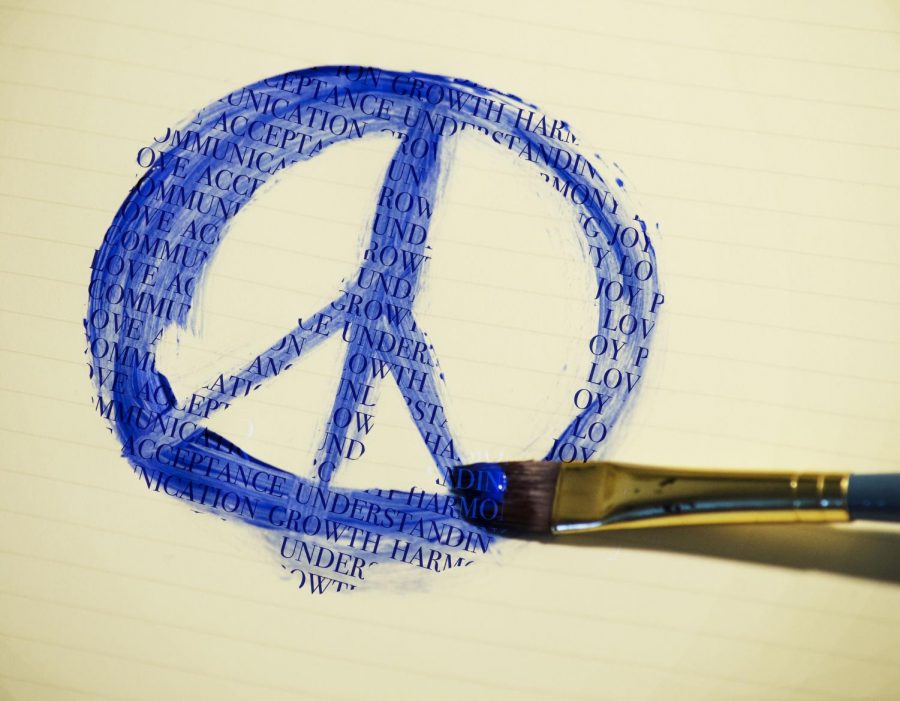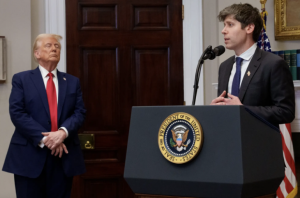Words, the beginning of either hate or peace
Words have the ability to create and promote a world of peace.
April 21, 2018
To anyone who believes that individuals who advocate for language change are overly sensitive, liberal snowflakes, I would like to ask you a question.
Do you believe there is veracity in the statement, “sticks and stones may break my bones, but words will never hurt me”? If you said yes, then just revisit your middle school days and come back to tell me how you feel. Or, to see how devastating words can be, peek out the window and witness heartbreakingly relevant outcomes of hate speech in the backyard of this country.
Reformed Neo-Nazi Christian Picciolini gave a powerful talk on Tuesday, Apr. 3 in the USU ballroom of CSUSM’s campus. After eight years spent actively involved in a prominent skinhead movement, he broke free from the bonds of hate at age 22. Having spent his first 14 years as a bullied child, introduction to the hate group constituted an introduction to acceptance – a feeling he craved. In his early twenties, he realized his identity could come from somewhere else, and he began a journey toward where he is today – dedicating his life toward fighting white supremacy, the very ideology he previously helped perpetuate.
Mixed feelings surrounded the presence of Picciolini on Tuesday night here on campus. Empathy leads me to understand the skepticism and deep hurt that some harbor regarding Picciolini. However, regardless of whether forgiveness is extended toward this man or not, recognition that he is now utilizing his platform for good is imperative.
To borrow from theorists such as Ferdinand de Saussure and Friedrich Nietzsche, we live in a prison-house of words, many of which harmfully remain in our daily repertoire until education and mindfulness create an awareness of the need for change. Picciolini now understands the tragedy that occurs when society and/or groups of people engage in the act of linguistic dehumanization. As such, his mission is to play a role in transforming white supremacists through helping to humanize the objects of their hate through the language we use. As language shapes us, it plays an essential role in not only the breakdown of society, but our ability to rebuild it.
I encourage you to take a moment and self-reflect. Whether you are politically on the left, right or other, and no matter the color of your skin, recognize the powerful effect of words. Realize that hate speech is not cut and dry. Understand that the definition of hate speech lies in a gray area; yet, what we do know is that words can, and do, wound (physically, emotionally and mentally). Know that some of the largest genocides in recent history – for example, both the Holocaust during World War II and the Rwandan Genocide in 1994 – were founded upon hate speech. Words are only the beginning of the road.
If words have the power to promote hate, then they surely have the same power to promote peace.






